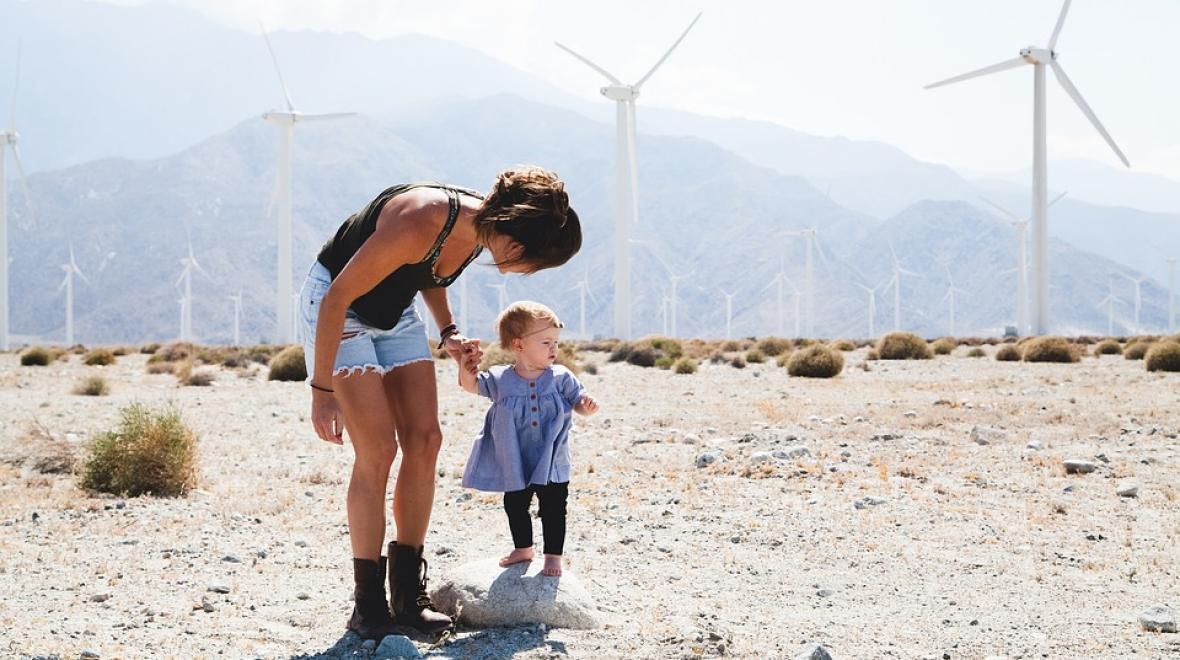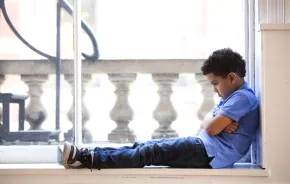
We’ve heard it many times over. It’s not what we say to our kids that has the greatest impact but what we do.
The problem is many of us are parenting with an inadequate amount of sleep and information to do better than our parents did.
As a mother of two young kids and former therapist, I found it’s all the unconscious things we teach our children that remain long after the sting of our words have left. How do you know whether the lessons you’re teaching are helping them to grow into confident, emotionally healthy and happy adults?
Let's review the easy-to-fall-into habits below to learn the unconscious things we’re teaching our kids — and how we can do better.
More is better.
We’ve all done it: We’ve got swooped into buying yet another version of the latest smartphone or technical device. Meanwhile, your children are watching and learning.
To counteract this “more is better” mindset, practice the art of gratitude. Make a day of finding the extraordinary in the ordinary. Show your kids that time together are more important than stuff.
“Instead of rushing to buy our children the latest video game, computer or jewelry — especially if they are under the age of 12 — we help them best when we encourage them to live a simple life," says Shefali Tsabary, Ph.D., in her book “The Conscious Parent."
“If they see us flustered, promising to buy a certain toy for them when they complain they don’t have it, they come to believe such things are really important,” Tsabary continues. “However, if they receive no reaction from us, they learn to appreciate what they already have.”
Other people’s needs are more important than my own.
When we push ourselves to attend a party or volunteer when we're spent, our children learn that pleasing others is more important than taking care of their own needs.
Show your kids the value taking care of their self by learning to say, “No.” When they see you resting and making time for yourself, self-care becomes an important ritual not a luxury.
Your love for me is conditional.
It’s understandable to get upset when our children disappoint us. But when we use punishing techniques like time-out, we’re sending the message that our love is conditional.
According to "Hold On to Your Kids" experts Gordon Neufeld and Gabor Mate, the key to children listening has less to do with how effective we discipline them and more to do with our relationship with them.
“Children who lack this kind of connection with those responsible for them are difficult to parent, or often to teach,” they say. “The secret of parenting is not in what a parent does but rather who the parent is to a child.”
Instead of sending your children away when they do something wrong, try connecting with them. Ironically, when kids get that they are important and loved despite a misstep, they are more open to listening to us.
I need someone to tell me what to do.
When we scold our children, we’re giving them the easy way out because they don’t have to do the work of problem solving or having empathy.
In "No-Drama Discipline," Daniel Siegel, M.D. and Tina Bryson, Ph.D., says while it’s common and even natural for parents to berate their kids, they’re missing an opportunity for dialogue, connection and conversation about their mistakes.
We can give them a chance to “develop an internal compass” by describing and observing what happened, ask if they need help and then allow them to explain, apologize and learn from the situation.
Stillness is something to be avoided.
There is nothing that terrifies my 4-year-old more than the word “nothing.” He will scream and throw a fit if we have nothing planned.
While it’s upsetting to see him react this way, I get it. The idea of stillness — and peace — seems unnatural in a society that values constant doing.
Although I don’t think he is ready to sit for meditation, he loves to hike and could spend hours throwing rocks at the beach. To combat the deceptively dangerous digital world we’re living in, our family is now committed to spending time in nature.
Stillness for us is about scheduling unplugged time.
It’s not easy to be a parent. The world is judgmental and has high expectations for the way we parent our kids. The good news is there is no real right way to parent.
You don’t need a guide or script to raise happy, healthy and kind-hearted children. Being a conscious and mindful parent is all about raising them with love and simplicity.











